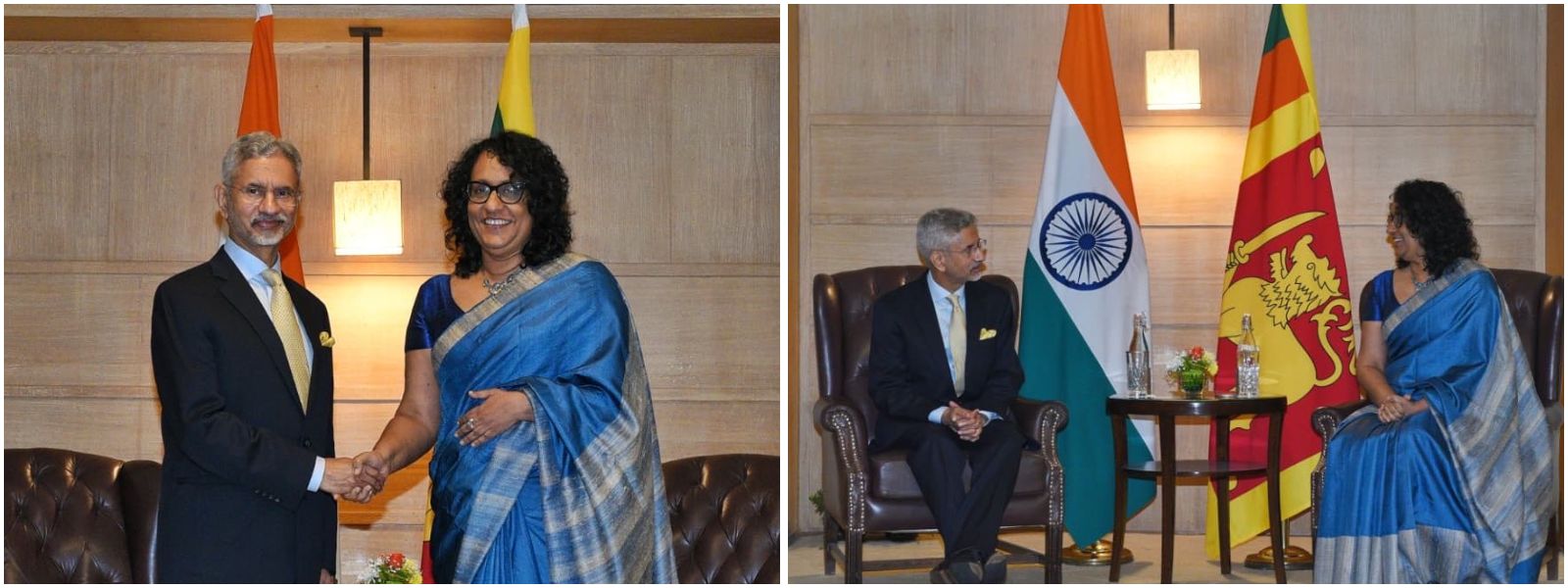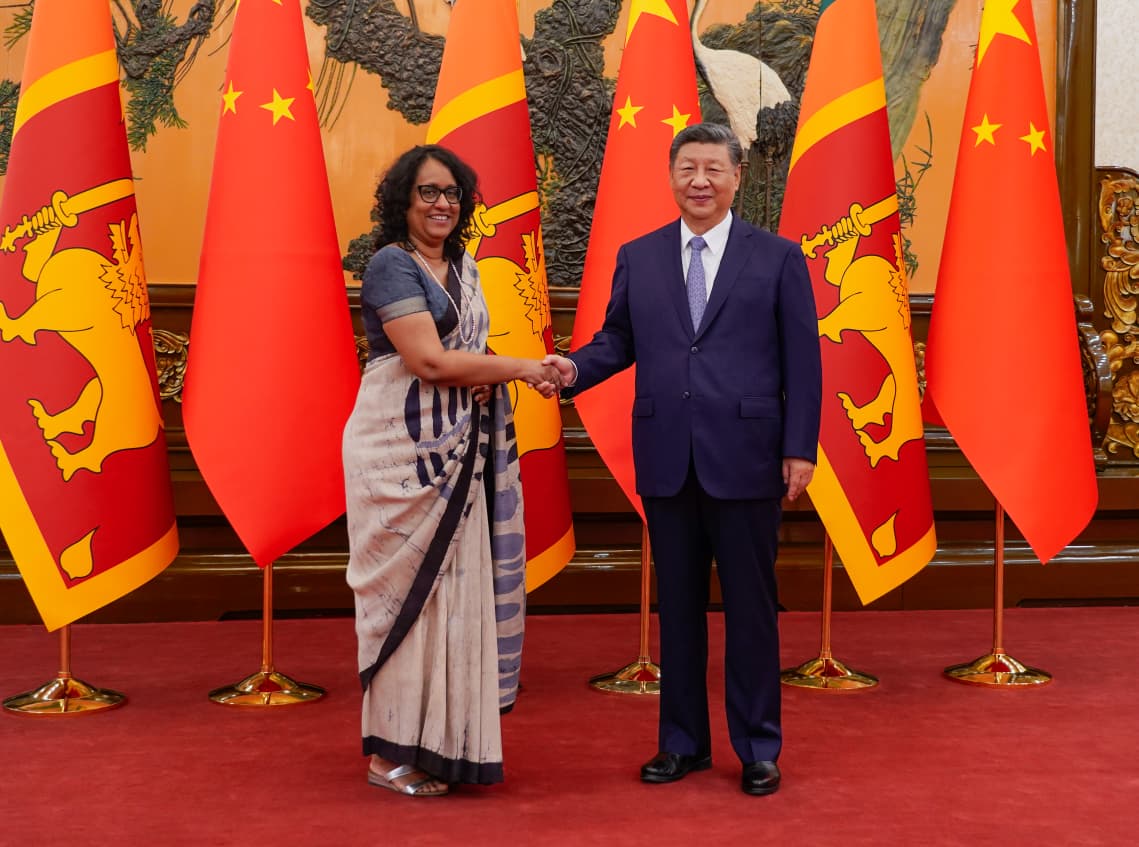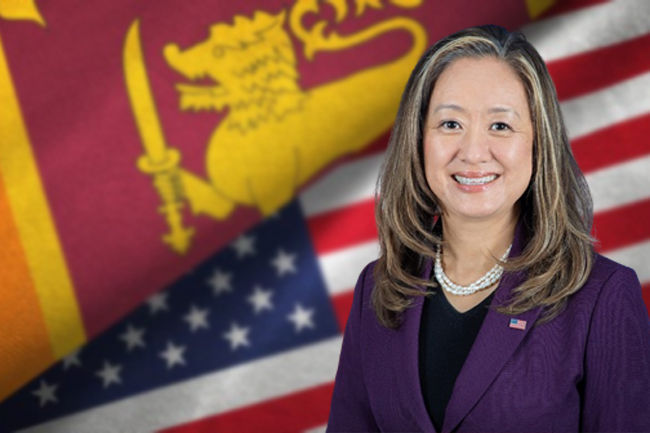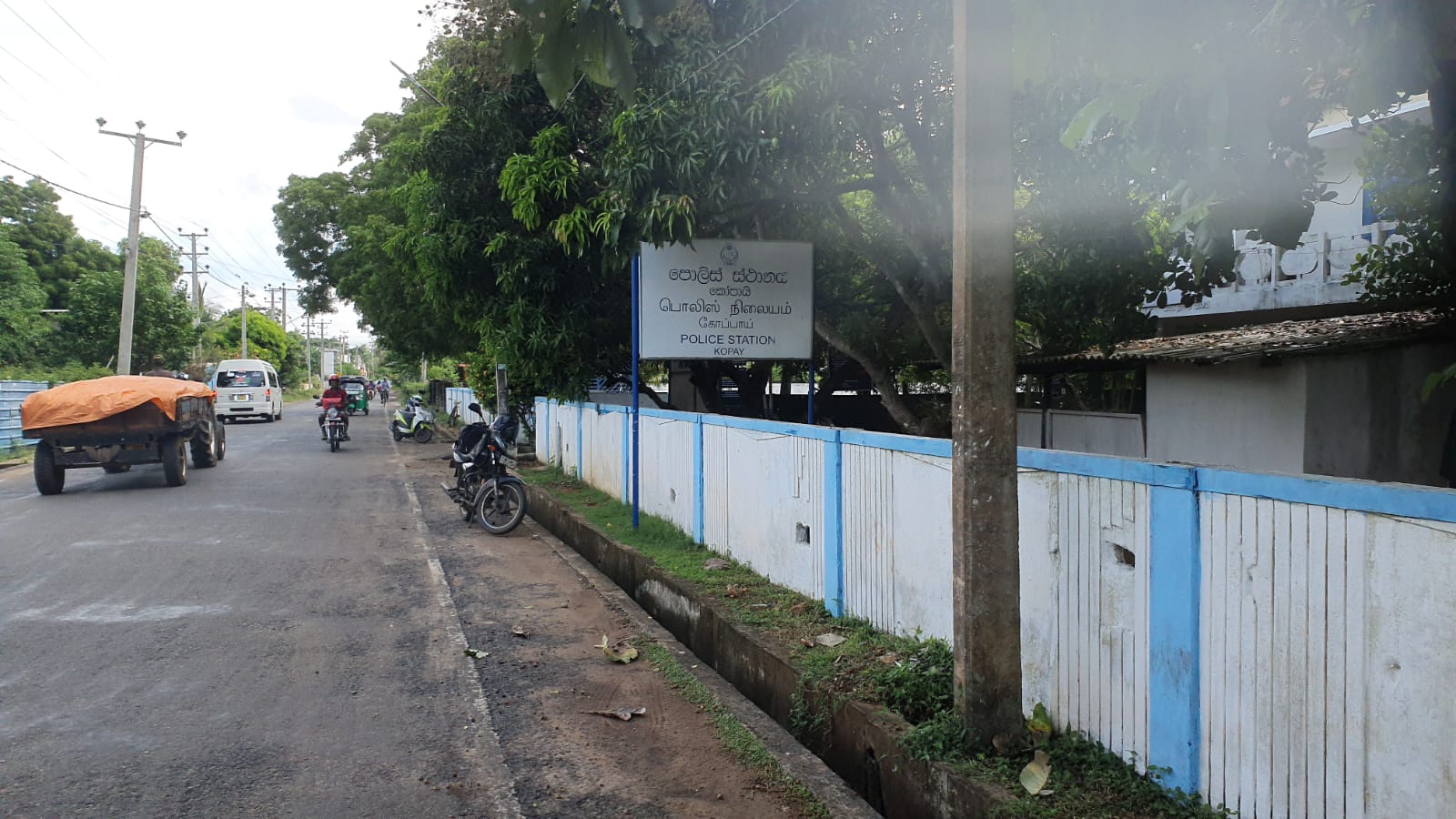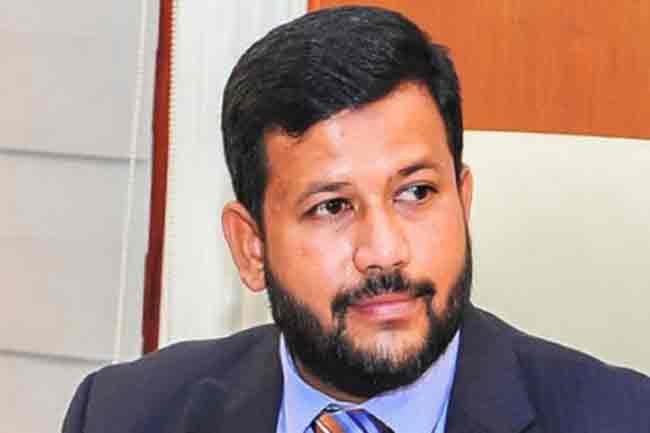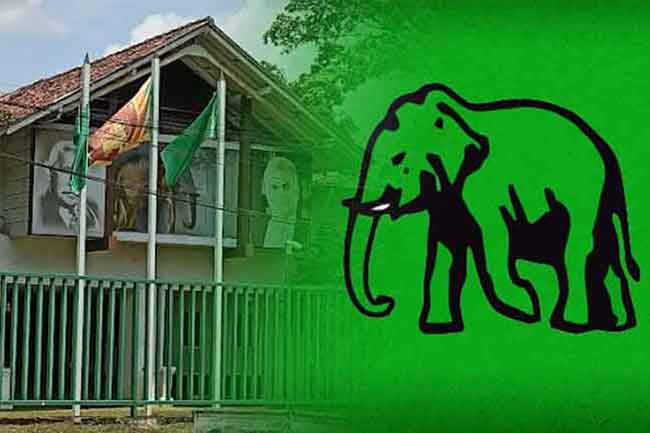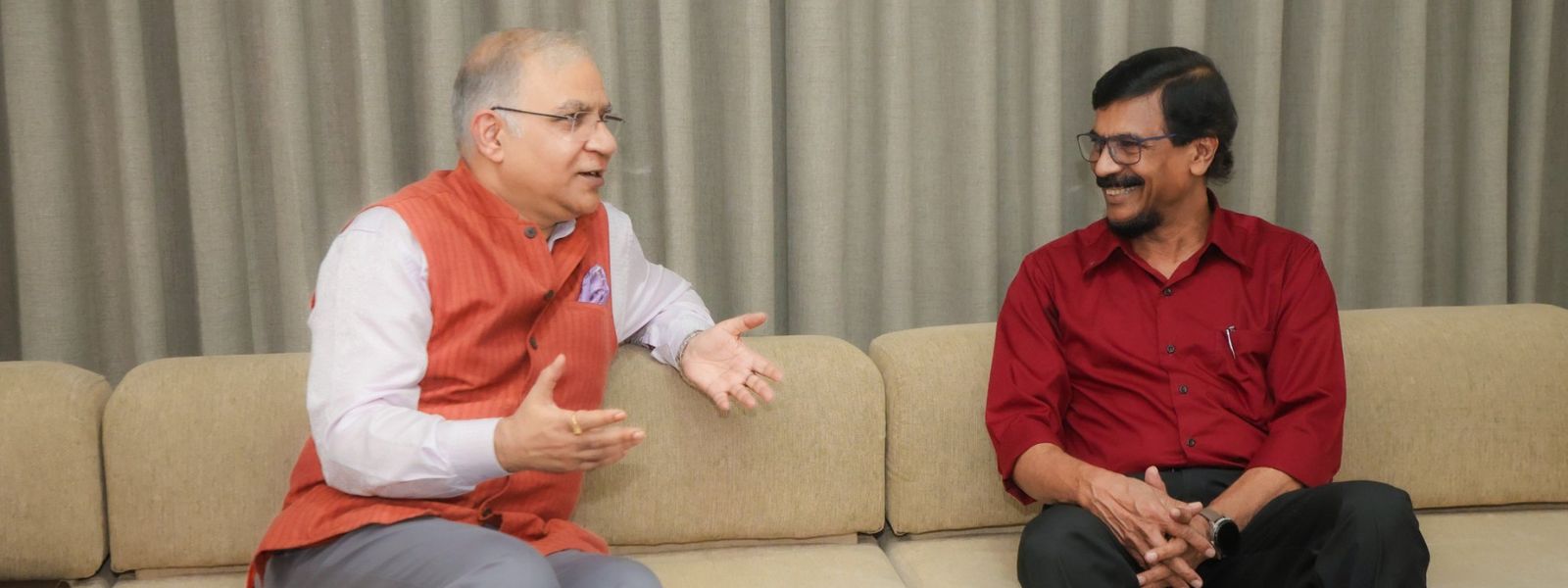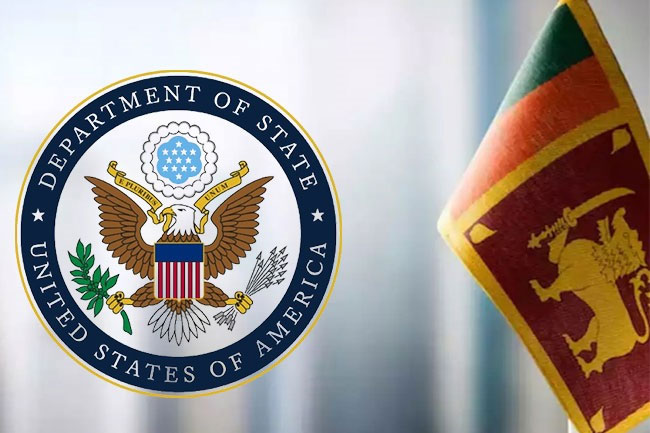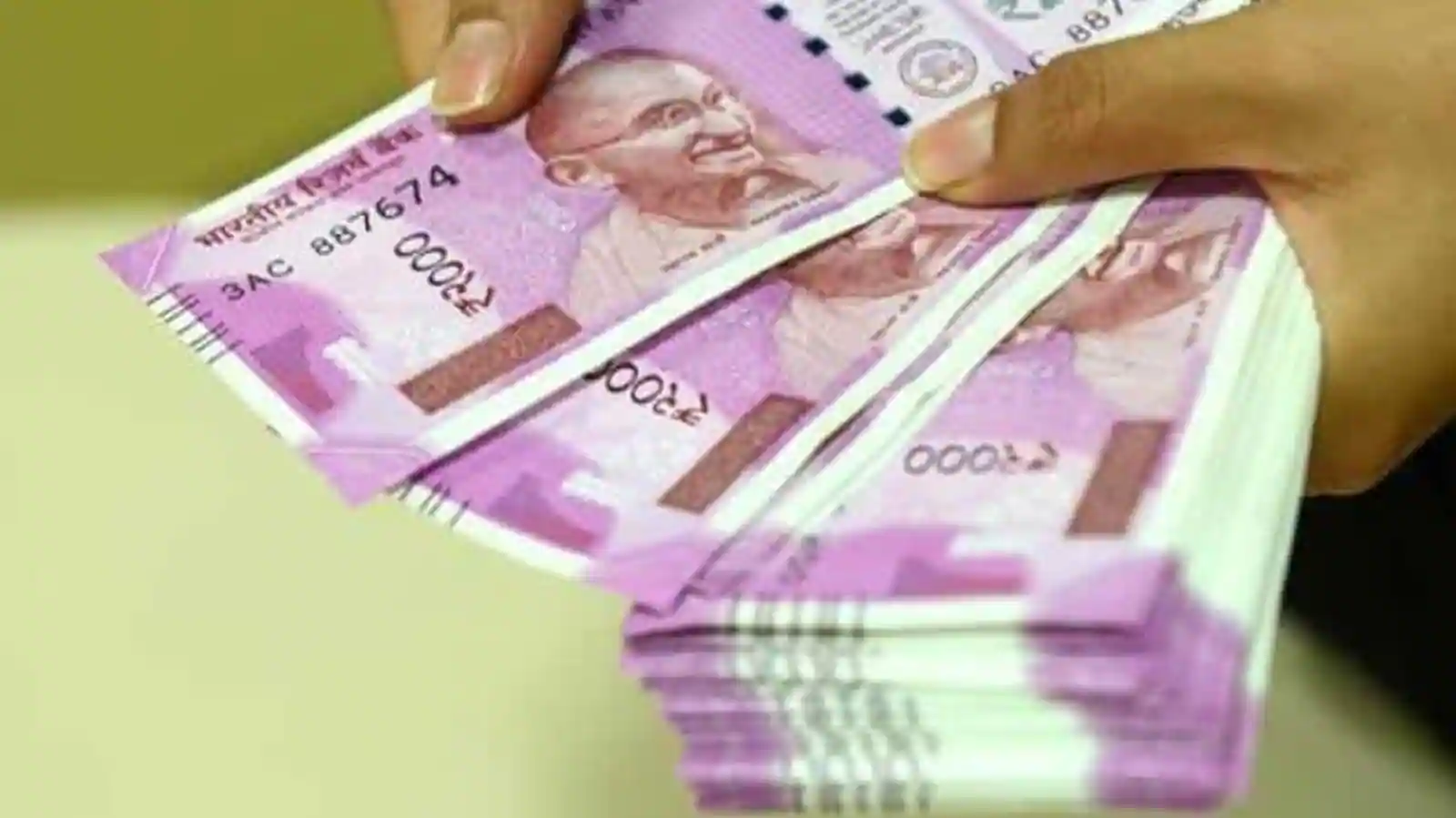Sri Lanka reiterated its support for the Global Governance Initiative of Chinese President Xi Jinping, during talks held between Prime Minister Dr. Harini Amarasuriya and President Xi Jinping.
Amarasuriya who is on a visit to China held wide-ranging discussions with Chinese President Xi Jinping at the Great Hall of the People in Beijing.
The discussion focused on further deepening Sri Lanka’s engagement with China, further consolidating the longstanding friendship and multi-faceted cooperation between the two countries. Prime Minister Dr. Amarasuriya is visiting China on an invitation extended by President Xi Jinping to attend the Global Leaders’ Meeting on Women.
The discussions in Beijing progressed on the outcomes of the State Visit of the President Anura Kumara Disanayaka, to China earlier this year.
Referring to the centuries old friendship between the two nations, the Prime Minister commented that President Xi’s vision on China’s modernization is not only for China but also for other nations emphasizing the importance of building up a shared future for mankind.
China as one of Sri Lanka’s important development partners, Prime Minister Dr. Amarasuriya stressed the continued assistance of the Chinese Government in the high quality Belt and Road Initiative highlighting the steadfast progress achieved in the flagship projects in Sri Lanka.
President Xi conveyed his sincere wishes to the President and the Government of Sri Lanka on the recent achievements in economic revival and assured continued support to Sri Lanka in the sectors of trade, tourism, education and people to people cooperation emphasizing the importance of carrying forward the momentum of the cooperation between the two countries.
Prime Minister Dr. Amarasuriya reiterated Sri Lanka’s support for the Global Governance Initiative of President Xi which plays a pivotal role in the contemporary Global Governance.


